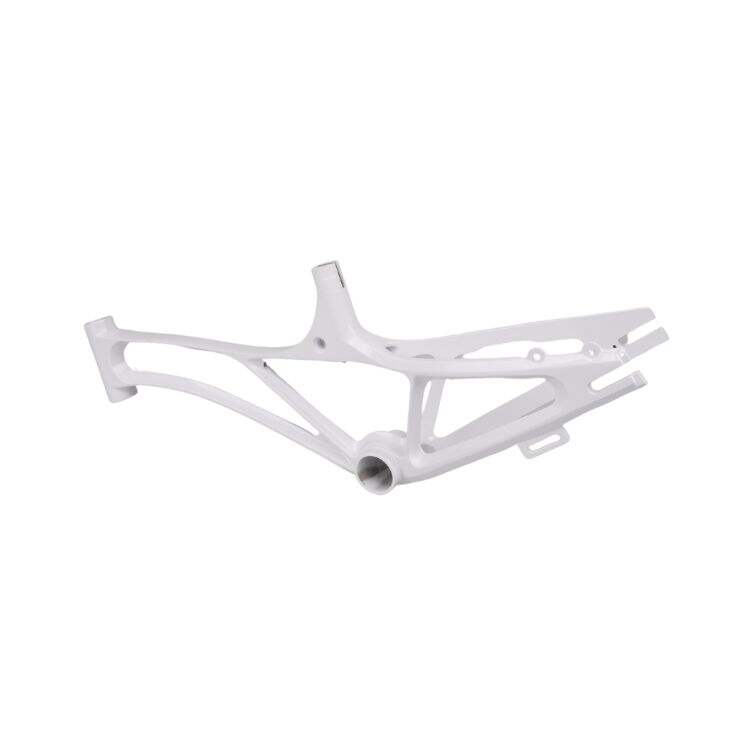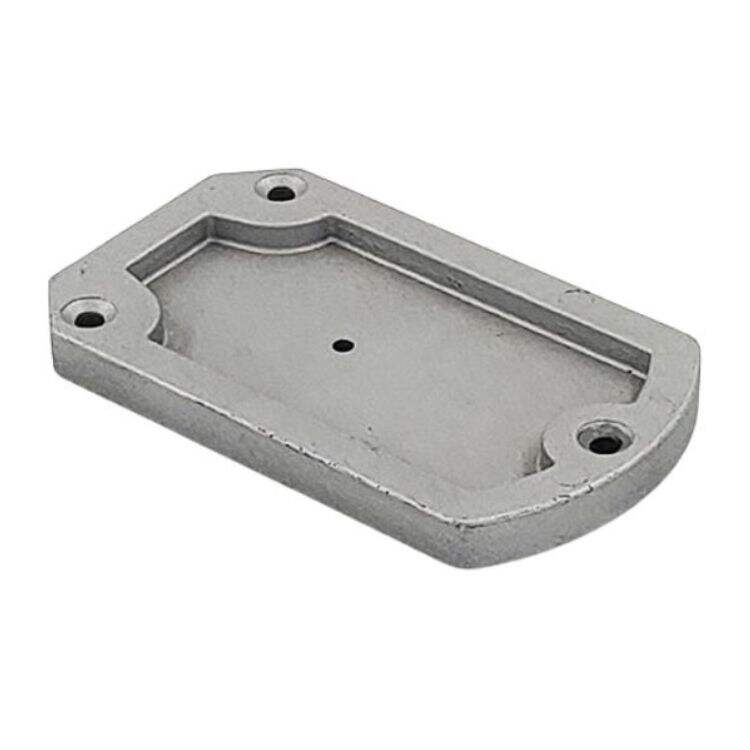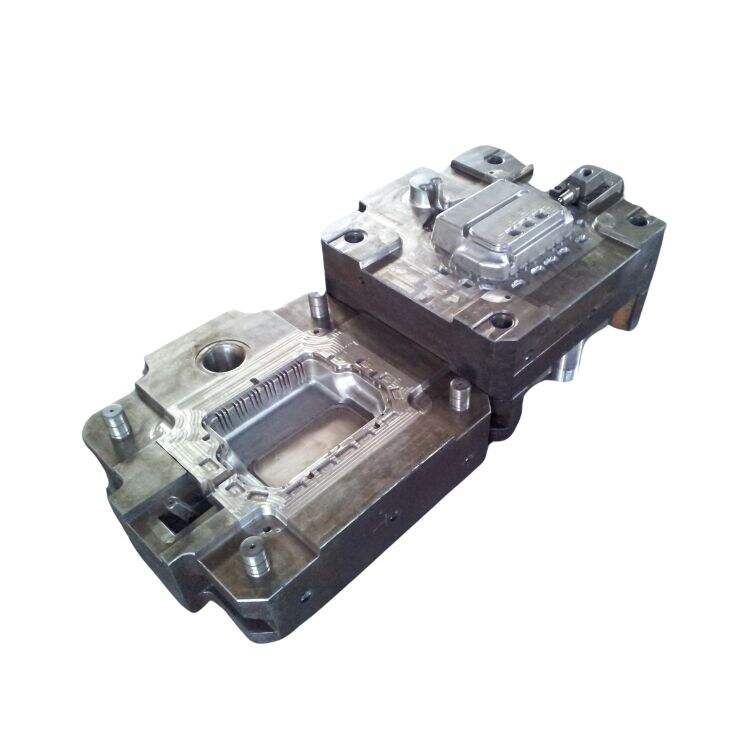Ever wondered how cars are manufactured? We find it very fascinating to study the stages, related in the creation of these fantastic machines. A critical process in the automotive industry is known as automotive plastic injection casting. This is a hot liquid metal that is poured into a special shape program called a mold. The metal solidifies after cooling down. This article explains casting, when and why this whole process is needed
The first step is to heat the metal until it turns molten. This occurs in a specialized furnace that reaches an extreme temperature. Next the molten metal is poured into the mold. When the metal has been added to the mould, it is left to cool. As it cools, the metal solidifies in the form of the mold. As this happens, the molten material solidifies, a process known as solidification. After the metal solidifies and cools completely, the mold is removed, and the part is ready for use.
Casting has numerous benefits for automotive applications. You can build complicated shapes with casting, one of the great things about it. These shapes would be difficult to form through other means. For example, many car parts have curves and other injection part details. Casting can also allow for multiple parts to be made at once, saving time and money. In addition, casting can make parts with rich features. Such features might be, for example, to be really strong or able to withstand high temperatures
Another important consideration when creating car parts is strength. Cast parts can be made quite strong, which is important for parts that carry a significant load, or endure significant pressure. Engine blocks have to be very strong enough to strong enough to hold up an engine and whole car. If not, they can break, which leads to big issues for the car.

Casting is a process used to make car parts in which liquid metal is poured into a mold. Sand casting is used to make car parts where it involves pouring molten metal into a injection tooling mold. The shell is made of special resin-impregnated sand, which makes the car part more robust and provides better accuracy in the casting process. There are different types and each type have its own features and advantages.

It is a more precise method of casting — Shell casting is. It consists of creating a mold from a combination of resin and sand. The mold is then heated, and since the resin sets, that solidifies the structure and prevents it from flexing as much. The hot metal is then poured into the cavity. Shell casting is more precise than sand casting but also more costly.

Here at Moldie, we specialize in providing the best car parts to our customers. We utilize state of the art technology and our expert technicians employ the best practices in the business to reproduce parts with accuracy and repeatability. Car parts must be strong and durable to provide for long periods of time, and car parts must be efficient to provide optimal performance.
The engineers at Moldie have extensive design experience and comprehensive development knowledge. Moldie will scan any provided samples and generate a product blueprint. Once the customer reviews and approves the blueprint, we can begin mold assembly and drawing design based on the customer’s existing project.Moldie Engineering Center consists of more than 30 engineering and technical personnel. They can deal with engineering, design simulation, machining, inspection to support and guarantee the quality and function the tooling we constructed.
Our comprehensive logistics solutions provide end-to-end services, from order processing to final delivery. We leverage advanced tracking systems and a global network of carriers to ensure timely and secure delivery. Since its establishment, Moldie. has provided professional solutions for more than 50 clients and 20 countries around the world. Moldie has cooperated with DHL, Fedex and UPS for fast sample delivery. Moldie can ship goods by sea, air and train in good packing way suits for global transportation.
Our molds are known for their exceptional quality and precision. Testing equipment is an indispensable means of guaranteeing the mold manufacturing process. A high-quality quality management team with precise testing equipment is the guarantee for creating high-quality molds. The quality inspection department is equipped with two high-precision three-coordinate and 3D scanners. Moldie promises to issue a full-size report within three days after the product trial, and a 3D scan report within two days. Moldie has been a supplier with ISO certificate.
Moldie has provided injection & plastic parts solutions since 2008. 3000+ square meter facility enhances us to serve clients worldwide. From the automotive sector, where we serve prestigious brands like Mercedes-Benz, Volkswagen, Audi, Maserati, Chrysler, and GM, to leaders in other fields such as Schneider, Phillip, and IEK. With a reputation for excellence in OEM/ODM services, Moldie is not just a manufacturer; we are innovation partners, providing comprehensive services including part design, prototype creation, mold design, and large-scale mold production.